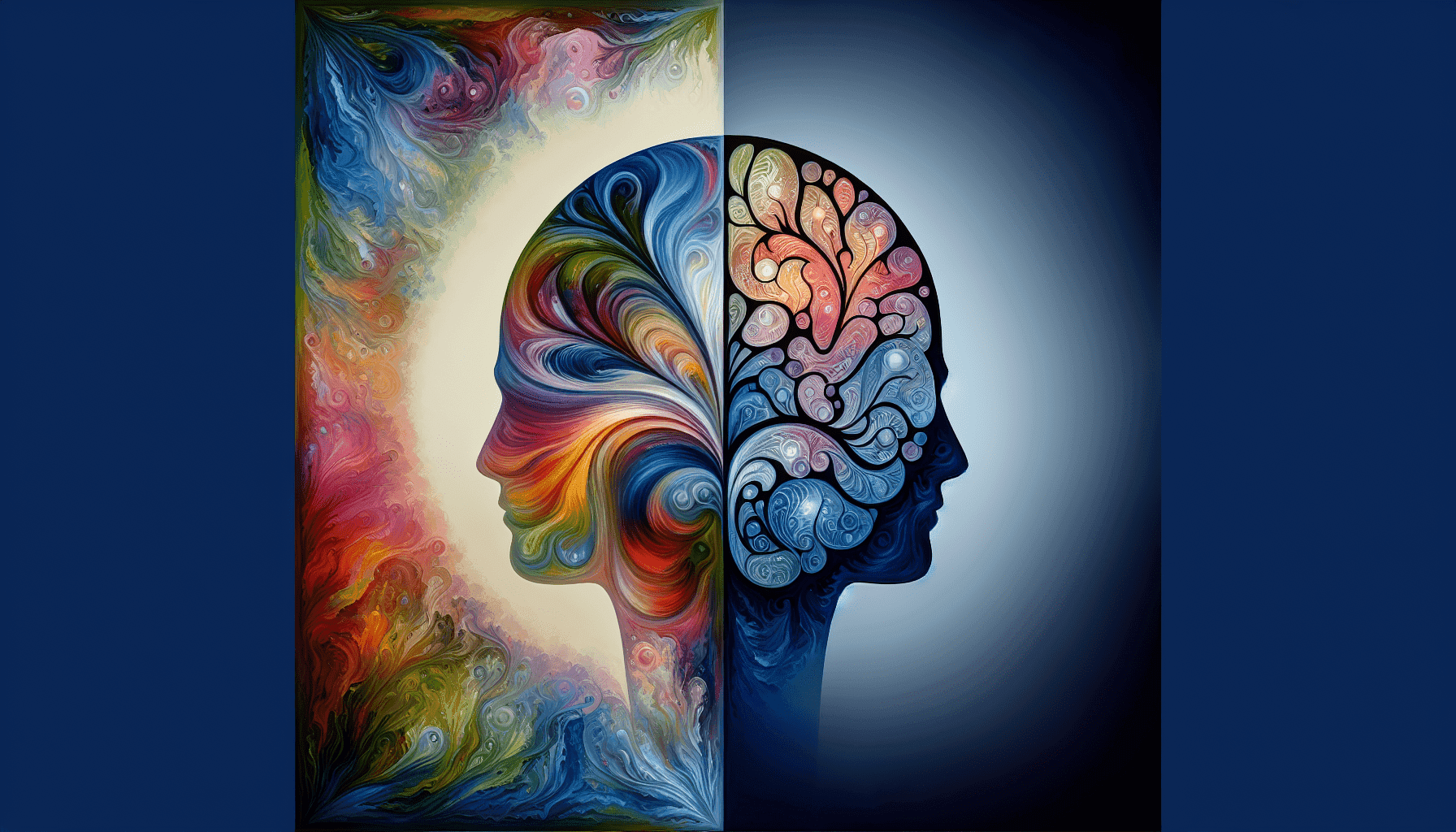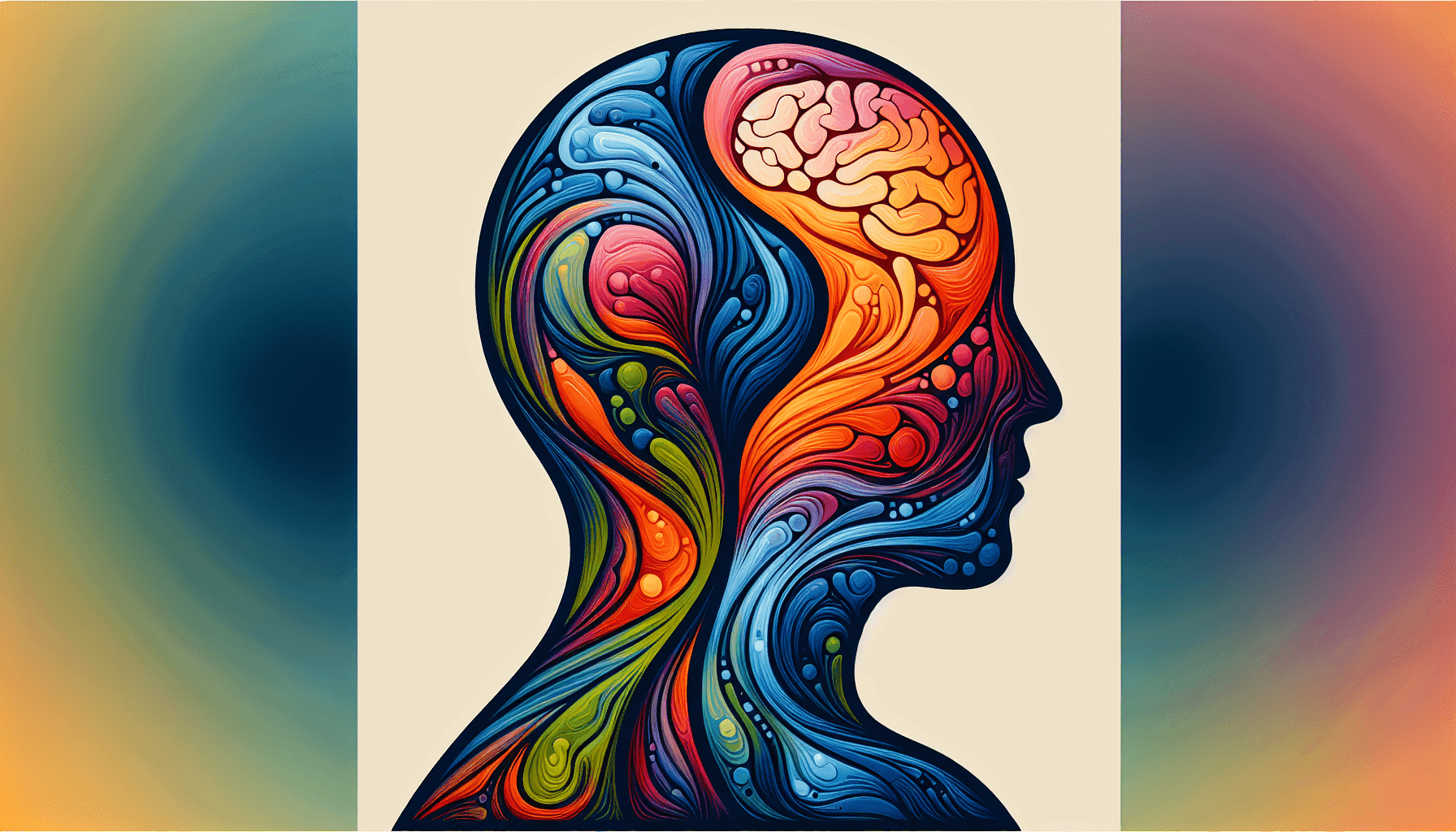Have you ever wondered how the state of your physical health influences your mental well-being, or vice versa? Understanding the intricate connection between physical and mental health is pivotal in today’s fast-paced world, where stressors from various facets of life weigh heavily. This interconnection, sometimes overlooked, significantly impacts how one feels, thinks, and acts throughout daily life.
With advances in medical research, there’s increasing recognition of the symbiotic relationship between the mind and the body. It’s no longer just about how depression or anxiety might affect one’s appetite or sleep patterns; it’s about realizing a more profound interdependency where the gut influences mood, and chronic pain can lead to psychological distress.

Table of Contents
Historical Perspective on Health Interconnection
For centuries, various cultures recognized the connection between physical ailment and mental health. Ancient healing practices, such as those in traditional Chinese medicine and Ayurveda, emphasized the balance between body, mind, and spirit. These historical perspectives laid the groundwork for modern integrative approaches to health.
Fast forward to the 20th century; medical pioneers began to focus on psychosomatic medicine, highlighting how psychological factors could directly affect physical health. This early research paved the way for the more recent and thorough understanding of how deeply intertwined these aspects of health are.
Key Concepts in Understanding the Duality
Physical Health Influences Mental Health
Exercise is not just about maintaining a healthy weight; it significantly impacts brain function. When you engage in regular physical activity, your body releases endorphins, known as “feel-good” hormones, which help reduce feelings of stress and depression. Neuroplasticity, or the brain’s ability to adapt and form new neural pathways, benefits from physical exercise, suggesting that keeping active can enhance cognitive function and mood regulation.
Psychological Factors Affect Physical Well-being
Conversely, mental health disorders can manifest physically. Chronic stress is a prime example as it can lead to elevated blood pressure, cardiovascular issues, and a weakened immune system. Anxiety is often linked with gastrointestinal problems, affecting one’s ability to digest and assimilate nutrients effectively. Thus, the mind can wield formidable influence over bodily health.

Detailed Mechanisms Behind the Connection
The Gut-Brain Axis
Modern science highlights the gut-brain axis, a bidirectional communication system between the gut and the brain. The vagus nerve and numerous biochemical signaling processes play crucial roles in this complex network. The gut microbiome, comprising trillions of bacteria, influences mood, anxiety, and cognitive functions. Changes in this microbial community have been associated with conditions like depression and anxiety.
Chronic Illness and Mental Health
Chronic physical illnesses often lead to mental health challenges. Conditions such as diabetes, multiple sclerosis, and heart disease not only demand constant management and care but can also induce feelings of sadness, frustration, or anxiety. The stress of managing chronic illness can exacerbate mental health issues, creating a feedback loop that affects overall well-being.
Practical Strategies for Integrating Mental and Physical Health Care
Integrating care for physical and mental health proves beneficial. Behavioral interventions, like Cognitive Behavioral Therapy (CBT), are used not only for mental health conditions but also to encourage lifestyle changes beneficial to physical health. Here are some practical strategies to promote harmony between the two:
Regular Physical Activity:
- Aim for at least 150 minutes of moderate aerobic exercise weekly.
- Activities like walking, yoga, and swimming can enhance mood.
Balanced Nutrition:
- Adopt a diet rich in omega-3 fatty acids, antioxidants, and vitamins.
- Consider probiotics to maintain a healthy gut microbiota.
Adequate Sleep:
- Strive for 7-9 hours of quality sleep per night to facilitate mental and physical restoration.
Mindfulness and Relaxation Techniques:
- Practices such as meditation and deep-breathing exercises reduce stress and promote inner peace.
Social Connections:
- Engage in social activities or support groups that foster community and emotional support.

Case Studies and Real-world Examples
Let’s explore instances where integrated care approaches have shown positive outcomes:
Case Study 1: Addressing Depression with Active Lifestyle Changes
- An individual suffering from depression sees improvements in mood and self-esteem after incorporating daily walks and dietary changes recommended by a therapist.
Case Study 2: Managing Anxiety in Chronic Illness Patients
- Patients with heart disease who participate in stress management programs report fewer cardio episodes and improved quality of life.
| Condition | Physical Effects | Mental Health Strategy |
|---|---|---|
| Chronic Stress | High blood pressure | Meditation, deep breathing exercises |
| Depression | Fatigue, poor sleep | Routine exercise, CBT |
| Anxiety | GI issues, headaches | Mindfulness practices, social support |
| Diabetes | Neuropathy, low energy | Dietary management, stress reduction |
The Growing Movement Towards Holistic Health
The trend towards holistic health underscores the importance of considering both physical and mental health in treatment plans. Healthcare providers increasingly advocate for a multidisciplinary approach, which might include physicians, psychologists, nutritionists, and fitness experts collaborating to provide comprehensive care.

Future Directions and Innovations
With technological advancements, the future of integrated care looks promising:
Wearable Technology: Devices that monitor physical activity and stress levels provide real-time data, enabling personalized health interventions.
Telehealth Services: These services enhance accessibility to mental health resources and maintain continuity of care for those with physical limitations.
AI in Healthcare: Artificial intelligence aids in identifying at-risk populations for both mental health conditions and chronic illnesses, allowing for early intervention and improved patient outcomes.
Conclusion: Embracing the Dual Path to Wellness
To truly understand and manage your overall health, it’s crucial to embrace the interconnected nature of physical and mental well-being. Prioritizing self-care in both domains leads to a more balanced and fulfilling life. Let this comprehensive understanding guide you, empowering you to take proactive steps in your health journey, whether through exercise, nutrition, mindfulness, or medical intervention.
We encourage you to reflect on how your mental and physical health influence each other. As healthcare continues to evolve, staying informed and engaged is vital. Let us know your thoughts and experiences, perhaps even your unique challenges, as you navigate this interconnected health landscape. Engage with further resources that provide deeper insights into specific strategies, and stay connected for advanced tips on optimizing both physical and mental health.


